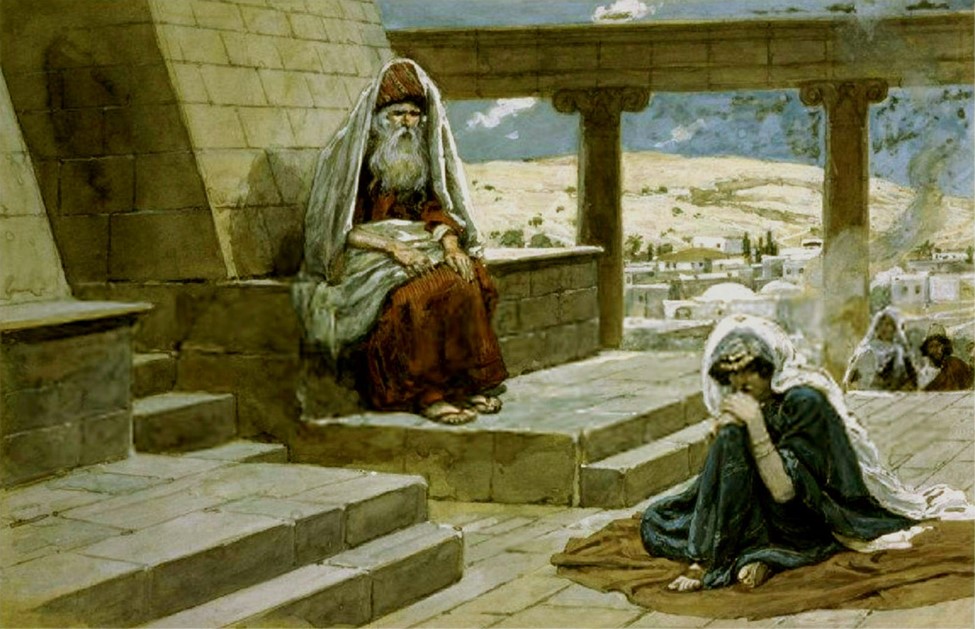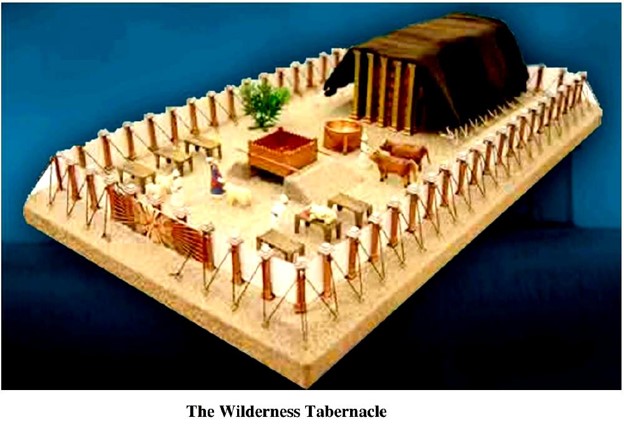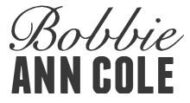I am bringing you the story I have written of Hannah at this time, (1 Sam.:1-2). It is a story centered on the harvest celebration of, Sukkot, (Tabernacles) and on the fragility of our lives — our dependence on God. It is one of the three annual pilgrimage festivals, the others being Passover (Pesach) and Pentecost (Shavuot). In Jesus’ time, pilgrims converged on Jerusalem, but in Hannah’s time they gathered at the Tabernacle in Shiloh . Starting this Sunday, Jews will dwell in shelters for a week, (if they live somewhere warm like Israel), or at least remain long enough to snack in their synagogue’s sukkah. These lean-to shelters, decorated with sweet-smelling produce and plants, are a delight.

1.
“Why the long face?” Peninnah sneered as she gathered her five sons and two daughters around her to set off for Shiloh.
“No long face.” Hannah made an effort to look carefree, but inside she was weary to the bone. Despite, the warm day, chills were going through her and heavy feet weighed her down. “Look, it’s time to go.”
At the head of the family party, Elkanah, the husband they shared, raised an arm and shouted that they were off. Sheep brayed, their bells clanging, as shepherds urged them forward. Wedged between them and slaves who pulled rumbling carts overflowing with produce, walked Hannah, Peninnah and her children.
“Are you sick?” Peninnah looked if an answer in the affirmative would fill her with glee.
Hannah, on the verge of tears, shook her head. She had never felt so miserable as at this moment.
“Then, what is it? Do you have your period?”
Hannah didn’t answer. Peninnah knew already that she had her period. Again.
“Ah, shame.” Peninnah sucked in her cheeks. “Bad luck.”
Hannah bridled but said nothing. It wasn’t about luck. It had not pleased the Lord to give her a child… yet. She had prayed and trusted, prayed and trusted. But the years were passing, and she was getting older.
She glanced at Peninnah, the second wife, smiling smugly and doubts crept in like the myriad bugs that crawled across her bedroom floor at night.
“Think how blessed you are. Some husbands would put away a barren wife,” Peninnah said. “After all, what use…?”
“Not Elkanah!” Hannah rounded on her. “Elkanah loves me!” He had seen her tears when her period had come and had tried to reassure her it did not matter.
“Hannah, why are you weeping?” he asked. “Look, you’re as thin as a doorjamb. Perhaps that is why… You should eat something.”
But she couldn’t. Her life was a whirlwind, swirling around her and throwing grit up in her face. Despair had stolen her appetite.
Sometimes she would try but afterwards, she would double over, feeling nauseous and a strong urge to get rid of what she had eaten. And when she returned from doing that, Elkanah would put his arms around her and say, “Why so sad, Hannah? It’s not the end of the world if the Lord has closed up your womb. You still have me. Don’t I mean more to you than ten sons would?”
He didn’t understand that her whole purpose in life was to be a Mother in Israel. That Peninnah never stopped gloating over her. That I am barren and useless… a failure. A disgrace among my people.
Peninnah broke into her thoughts. “Elkanah loves you, you say? Really?” Her sweeping hand took in her children. “Just look at the beautiful sons I’ve given him.”
Hannah looked instead in the opposite direction, towards the craggy, ginger peaks, topped with sage scrub, that were all around. Peninnah, second wife and second best, used her children like ammunition, like a quiver full of arrows to fire off at her.
Hannah usually loved coming to Shiloh for the Festival. It was a beautiful, walled city with a great area for meetings by the gates and an open, circular space at the center, where visitors could erect theirfragrant sukkah shelters, hung with fruit and leafy branches.
The Tabernacle that contained the Ark of the Covenant and the Shekinah— the Very Presence of God— was there.
After a bumper year, Elkanah had brought large quantities of meat to sacrifice on the great altar— a thank offering to the Lord for his bounty and blessings.
Once the grease had been burnt off on the altar within the Tabernacle precincts, the smoke rising as a pleasing aroma to the Lord, the meat was returned to Elkanah. Hannah, Peninnah and her daughters set about preparing a great feast of boiled meat, vegetables, pickled olives, dates and figs. Naturally, there was also bread in abundance to mop up the juices.
Everyone, from Elkanah himself to the youngest slave boy, sat down to eat on rush mats they had strewn before their sukkot. There would be plenty for everyone. Elkanah gave out portions of meat, pulling them from the great cauldron they had cooked in .
Peninnah received a large portion for herself and each of her children also received a portion. The grin was wiped from her face when he gave Hannah a giant portion, twice as big as her own.
Rather than pleased, Hannah looked down at the great portion of lamb and goat before her, nausea rising. Tears began to well and spill over. She could not eat a bite which would insult her husband— in front of everyone.
“Looking scrawny won’t make you more attractive to Elkanah you know,” Peninnah said. “He likes a bit of flesh.”
“Eat up,” Elkanah said affably, sitting down between them. He attacked his own large portion. But his demeanor changed when he saw that Hannah was gagging. “Why are you always like this, whenever we come to Shiloh. Can’t you buck up and enjoy the festival?”
There was nothing for it as far but to try to get away. Hannah jumped to her feet, and wondered which way to run.
Elkanah showed how tiresome he found her: he bent over his food and ignored her.
Pointedly, Peninnah grabbed her youngest and, whipping out an ample breast, suckled him. “I have so much milk, my breasts are overflowing,” she told Elkanah, as Hannah ran blindly away.

2.
She found herself, at the Tabernacle. A sickly-sweet smell of incense, mingled with that of the burned off grease of meat here.
Eli, the priest, was sitting on his chair by the doorpost of the Tabernacle’s Holy of Holies. He was old and bent and his silver beard reached almost to his waist. He nodded to her as she approached the brass laver to wash, observing her with tired eyes. The great ceremonials of Sukkot must have taken a lot out of him.
No one else was there at this time – many pilgrims were engaged in ribald feasting. Only a group of women who served at the Tabernacle harmonize a psalm together. Their singing was beautiful.
If the prayer she felt compelled to pray were to be answered, here was the place: the Lord spoke to her ancestors in a pillar of cloud right here, at the entrance to the Tabernacle. Petitions had been answered and vows made.
She began to pray for the son she craved. Increasingly distraught, her spirit cried out inside her: “If the Lord will only remember me and not forget me and give me a son, then I will give him back. He will serve You for all the days of his life. He will be a Nazarite, dedicated to you.” No word was spoken aloud but she mouthed them, over and over, as she prayed ardently and wept bitterly.
She looked up and was startled to see Eli, the priest, at her side. “Put away your wine, drunken woman!”
Eyes wide in surprise, she came to, as from a trance. “I am not drunk, sir. I’ve had neither wine nor beer. I am not wicked, but I am deeply troubled. I have been pouring out my soul to the Lord, praying in great anguish and sorrow.”
Flushing red-cheeked from his mistake, Eli nodded. “I see. Then, lech b’shalom— go in peace. May the Lord God of Israel answer your prayer and give you what you have asked Him.
Her heart soared to receive this blessing from Eli. “Thank you, sir. I am your grateful servant.”
A smile spread across her face, and she could hardly contain herself as she left, thrilled to think that her prayer would surely be answered now.
A kind of peaceful knowing calmed her and her pain evaporated.
She returned to her family’s great feast with a spring in her step and sat down. Peninnah gave her a curious sideways glance. But Hannah only said, “Is there any food left?”
3.
Back home in Ramah after the festival, there was a new assurance about Hannah that Elkanah found attractive.
“The Lord will remember me,” she told him confidently as they lay together.
Soon, her belly and breasts began to swell. She was pregnant.
In time, she gave birth to a son she named Shmuel, which means ‘God heard.’
Peninnah sighed as she looked down at him in his crib. “So, you have a son.”
Hannah hitched herself up onto her elbows to gaze at him, forming kisses with his rosy lips as he slept. “Indeed.”
Peninnah seemed to struggle to get her words out. “Elkanah can’t stop smiling.”
“Me, too. ,” Hannah told her. “But I will keep my vow.”
“You’ll give him up? Surely not?”
Hannah nodded. “As soon as he is weaned, I’ll take him to Eli in Shiloh. He will live with him there, always.”
Peninnah reached out a hand to gently stroke Shmuel’s cheek. “So soft… How can you bear to do that?”
“The Lord has blessed me abundantly. He has answered my prayer and given me what I asked .” Though she spoke with assurance, she could hardly hold back the little cry that came into her voice as a lump swelled in her throat. “So, now I will give him to the Lord. And he will serve the Lord his whole life long.”
Much to Hannah’s surprise, Peninnah gave her hand a squeeze. There were tears in her eyes.
“It’s a good thing,” Hannah said. “It is.”
“Yes.” Peninnah agreed.
© 2022 Bobbie Ann Cole

